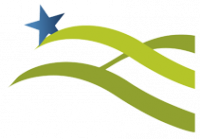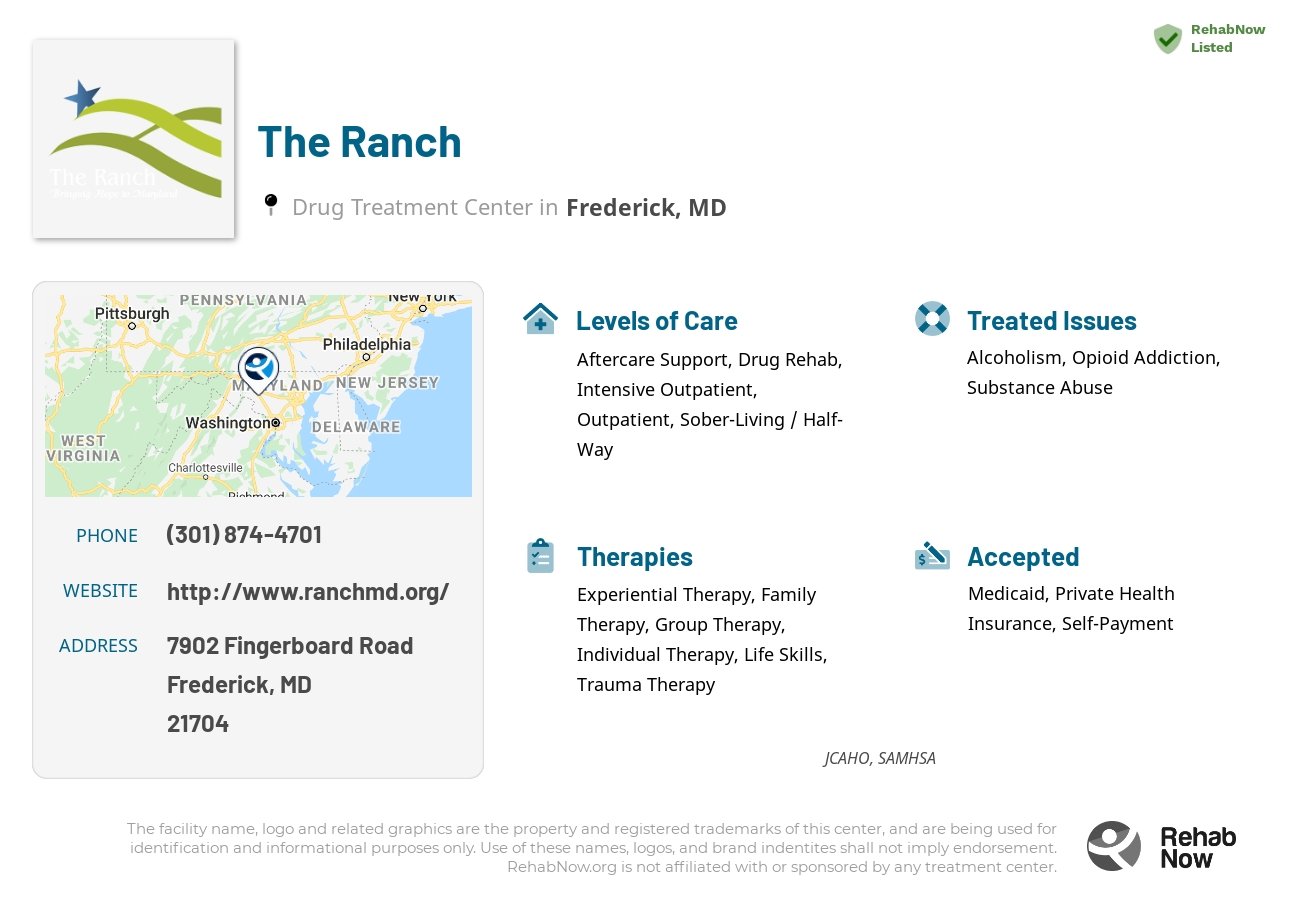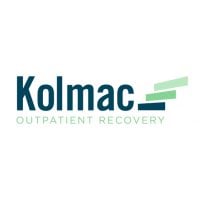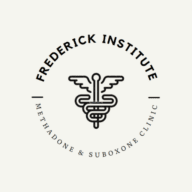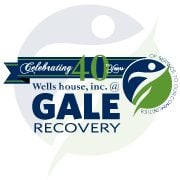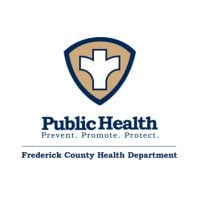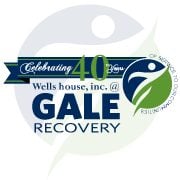The Ranch
Drug Rehab Center in Frederick, Maryland
The Ranch in Frederick, MD is an accredited addiction treatment facility offering levels of care from outpatient to residential, while also accepting most health insurance policies and providing support for treatment of alcoholism, opioid addiction, substance abuse, and drug addiction.
About The Ranch in Maryland
The Ranch in Frederick, Maryland is an accredited drug treatment facility that specializes in helping individuals struggling with alcoholism, opioid addiction, substance abuse, and drug addiction. The facility is accredited by both the Joint Commission on Accreditation of Healthcare Organizations (JCAHO) and the Substance Abuse and Mental Health Services Administration (SAMHSA), ensuring that it meets high standards of care and treatment. The Ranch offers a range of treatment options, including aftercare support, drug rehab, intensive outpatient programs, outpatient services, sober-living or half-way houses, and residential levels of care. This comprehensive approach allows individuals to receive the appropriate level of care based on their specific needs, ensuring the highest chance of successful recovery.
The Ranch provides a wide range of services to address addiction and substance abuse issues. These services include aftercare support to help individuals transition back into their daily lives after completing treatment. They also offer drug rehab programs for those in need of intensive treatment in a structured and supportive environment. Additionally, the facility provides intensive outpatient programs that allow individuals to receive treatment while maintaining their daily routines. Outpatient services are available for those who require ongoing support and counseling. The Ranch also offers sober-living or half-way houses as a transitional step between residential treatment and independent living. Overall, The Ranch offers a comprehensive and personalized approach to addiction treatment, ensuring that individuals receive the support and resources they need to achieve lasting recovery.
Genders
Ages
Modality
Additional
Accreditations
SAMHSA

JCAHO
Conditions and Issues Treated
Substance abuse creates problems that affect people in Frederick, MD on many levels. First, substance abuse affects the individual who is abusing drugs or alcohol. This can result in health problems, including heart damage and overdose. Substance abuse also affects the user’s family, friends, co-workers, classmates, or peers. These people feel frustrated because they do not know how to help their loved ones struggling with addiction. At the same time, the addict cannot control his behavior. Lastly, friends and family members of addicts are affected financially by substance abuse.
The good news is that effective treatments can help prevent substance abuse or treat its effects on the user. These treatments, which include behavioral therapy and counseling sessions, target the underlying causes of substance abuse, helping users achieve sobriety so they can regain control over their lives. They also teach users to cope with stress in ways other than using drugs or alcohol.
Opioid addiction has become a significant health problem in the United States. When a person’s life becomes unmanageable because of an opioid addiction, treatment can help them get sober. Treatment includes medical care and counseling.
“With so many people struggling with opioid addiction, we need more care and attention for those who want to quit. Opioid addicts often take opioids when they experience a painful injury – that’s how the cycle starts! When someone begins taking their medication differently than prescribed or takes an excessive amount of drugs, it means they’re hooked on drugs and in danger of overdosing.
The most successful way to beat this is through detoxing from these types treatments at The Ranch in . Most facilities start by using medical support during the process while providing counseling services; rehabilitation comes later on after treatment has been completed successfully.
Levels of Care Offered
This center offers a variety of custom treatment tailored to individual recovery. Currently available are Aftercare Support, Drug Rehab, Intensive Outpatient, Outpatient, Residential, Sober-Living / Half-Way, with additional therapies available as listed below.
Outpatient addiction treatment is beneficial for people who are able to function well in their day-to-day lives. It is recommended for people who are not yet ready to end their relationships with friends or family members who might be encouraging drug and alcohol use.
Intensive outpatient treatment is beneficial for:
- People who are able to attend treatment more than 3 times per week.
- People who do not meet the criteria for inpatient treatment.
- People who are able to contribute to their own recovery outside of the treatment center.
- People who are motivated towards recovery.
- People who are able to overcome addiction on their own without the need for higher levels of care.
Outpatient programs at The Ranch, the Frederick resident can live with their family while continuing with their job or studies. Treatment includes educating the patient on drug abuse, medications, and counseling sessions at the individual or group level. Outpatient treatment plans cover diagnosis, detoxification, management, and counseling. They are a popular option for those who have graduated from inpatient facilities.
Sober living homes (abbreviated SLHs or sometimes sober houses ) are temporary housing for recovering addicts, most often those in early or mid stage recovery, who typically live in the home for 3 to 6 months.
The typical SLH functions as a halfway house, providing a stable living environment for addicts in recovery.
While at an SLH, residents typically meet with various therapists on site and attend regular 12-step meetings as well as other recovery group meetings.
Residential treatment programs are those that offer housing and meals in addition to substance abuse treatment. Rehab facilities that offer residential treatment allow patients to focus solely on recovery, in an environment totally separate from their lives. Some rehab centers specialize in short-term residential treatment (a few days to a week or two), while others solely provide treatment on a long-term basis (several weeks to months). Some offer both, and tailor treatment to the patient’s individual requirements.
Without aftercare support, addicts can easily relapse back into addiction. It is crucial to integrate the addict back into society. Aftercare support should take place after outpatient treatment has ended.
There are a few different types of aftercare support that patients can seek after completing an inpatient treatment program:
- 12 Step Self-help groups (AA, NA)
- Therapeutic communities,
- Long-term, structured sober living arrangements
- Halfway houses (residential treatment centers)
Many different support groups exist for addicts to seek help after treatment. Some are more effective than others, depending on the person’s addiction, background, and other factors.
Therapies & Programs
Individual therapy is a form of counseling where you meet with a trained professional one-on-one. Meeting with a therapist in this setting allows for a personal and trusting relationship to be built. This allows the patient to open up about sensitive or private issues they may not feel comfortable discussing in a group. Individual therapy helps identify the root causes of your addiction, which can help prevent relapse.
Family therapy is often done alongside drug treatment to help addicts stay sober. The goal of family therapy for drug addiction is to create an environment where communication can happen without judgment, hostility, or blame. The therapist will sit with the family so they can learn how to communicate differently and provide new tools for dealing with emotions so that people don’t want to drink or do drugs. It’s important for families to focus on relapse prevention plans during treatment so that if the addict feels like they want to use again, they’ll know what steps they need to take together to prevent it from happening again in the future.
Group therapy sessions are another common addiction recovery service. These group sessions typically involve six to 12 addicts who meet regularly with a trained professional for support and guidance.
During these sessions, the group shares their experiences with one another and provides feedback that can help each member avoid relapse or overcome specific obstacles they are facing in their recovery process. With this type of support and guidance, addicts can feel like they are part of a community that understands their struggles and will help them get through the hard times.
Many people struggling with drug addiction have experienced some form of trauma in their lives. It is crucial that these individuals seek out professional help; otherwise, their drug abuse and addiction will likely continue.
Therapists and counselors at drug treatment centers employ several treatment programs to help people struggling with drug addiction, including trauma therapy. Trauma therapy helps people dealing with addiction by allowing them to confront the traumas of their past and move past them.
It is important to note that trauma therapy should not be confused with PTSD (post-traumatic stress disorder). Rather, it is used to treat the effects of trauma, which are often at the root of addiction.
It’s not as simple as quitting drinking or using drugs and expecting the hard part to be over. Many addicts in recovery have discovered that they need to improve skills such as time management, organization, communication, socialization, and self-esteem. Learning certain life skills can help those who are struggling with addiction.
Patient Experience
Experiential Therapy at The Ranch
Drug addiction causes the formation of abnormal connections between neurons in the brain to form due to repeated exposure to drugs. These connections are responsible for addictive behaviors to drugs. Experiential therapy is done with patients individually and is different from traditional talk therapy. This therapy can help people revisit past traumas, heal, and move on in life in a more authentic way.
Experiential therapy uses activities to recreate experiences that may have caused trauma or negative emotions. These activities include role-playing, arts and crafts, animal care, music, or rock climbing. The individual will gradually experience calmness and love and change their perception positively through this therapy. Other than drug addiction, experiential therapy can be helpful for behavioral or eating disorders.
Payment Options Accepted
For specific insurance or payment methods please contact us.
Is your insurance accepted?
Ask an expert, call (888) 674-0062
Additional Details
Specifics, location, and helpful extra information.
Frederick, Maryland 21704 Phone Number(301) 874-4701 Meta DetailsUpdated November 25, 2023
Staff Verified
The Ranch Patient Reviews
There are no reviews yet. Be the first one to write one.
Frederick, Maryland Addiction Information
For the past decade, Maryland's rate of drug use and abuse has significantly increased. The overdose rate is currently higher than the national average. This epidemic is due to the many industries where manual labor is required. As soon as prescription opioids were more readily accessible a large part of manual workers started using–and eventually abusing–the painkillers.
In 2012, 76 drug-related deaths were reported in Frederick County, Maryland. That's 9.1 deaths per 100,000 population, significantly higher than the state rate of 6.8 deaths for the same area. The cost of substance abuse in the Frederick, MD, area is estimated at $1.6 billion a year. There are several different types of drug treatment available in Frederick, MD such as inpatient rehab and outpatient rehab, etc.
Treatment in Nearby Cities
- Hollywood, MD (80.6 mi.)
- Arnold, MD (52.0 mi.)
- Burtonsville, MD (29.0 mi.)
- Annapolis, MD (54.1 mi.)
- College Park, MD (34.0 mi.)
Centers near The Ranch
The facility name, logo and brand are the property and registered trademarks of The Ranch, and are being used for identification and informational purposes only. Use of these names, logos and brands shall not imply endorsement. RehabNow.org is not affiliated with or sponsored by The Ranch.
